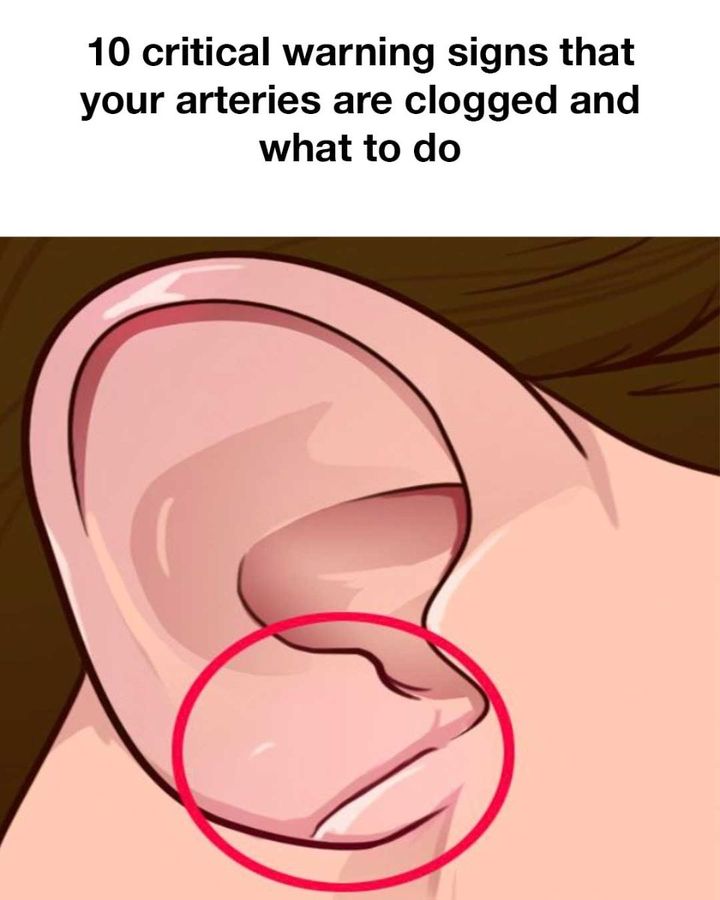10 critical warning signs that your arteries are clogged and what to do
Morgan Reed
Contributing Writer
Cholesterol and other substances can form deposits known as plaques within the arterial walls, leading to a condition referred to as atherosclerosis. Over time, these plaques can grow and restrict blood flow to critical parts of the body such as the heart, brain, and limbs. This restriction can result in a myriad of health issues, some of which can be life-threatening. Recognizing early symptoms and seeking immediate medical intervention can significantly improve the prognosis and prevent severe outcomes such as heart attacks or strokes.
The importance of understanding and identifying these warning signs cannot be overstated. Millions of people worldwide suffer from cardiovascular diseases, with clogged arteries playing a significant role. With sedentary lifestyles, poor dietary habits, and increasing stress levels, the risk factors continue to rise. Awareness and lifestyle changes are vital steps towards prevention and better management of this condition. Below, we outline ten critical warning signs that may indicate your arteries are clogged and what actions you should take if you observe any of these symptoms.
Advertisement
1. Chest Pain (Angina)
Chest pain, or angina, is often one of the first signs of coronary artery disease. Angina is typically characterized by a feeling of heaviness, tightness, or pressure in the chest. This discomfort may also radiate to the shoulders, arms, neck, or back. If you experience chest pain, it is crucial to seek immediate medical attention, as it may be indicative of an impending heart attack.
2. Shortness of Breath
Experiencing shortness of breath, particularly during physical activities, can be an indicator of clogged arteries. When the heart cannot pump enough blood to meet your body’s demands, you may feel breathless or fatigued. Persistent shortness of breath should not be ignored and warrants a visit to your healthcare provider to assess your cardiovascular health.
3. Fatigue
Unexplained fatigue, even when engaging in routine daily activities, can signify poor blood circulation due to blocked arteries. When arteries are clogged, your heart must work harder to pump blood, leaving you feeling chronically tired. If you notice a persistent lack of energy, it may be time to consult a doctor.
4. Dizziness or Lightheadedness
Feeling dizzy or lightheaded can occur if your brain does not receive enough oxygen-rich blood due to narrowed arteries. These symptoms can be more apparent when you stand up quickly or exert yourself physically. If you find that dizziness or lightheadedness is a frequent problem, it is essential to seek medical evaluation.
5. Swelling of the Lower Extremities (Edema)
Swelling in the feet, ankles, or legs could be a sign that your heart is struggling to pump blood effectively, leading to fluid accumulation. This condition, known as edema, often accompanies congestive heart failure and may indicate severe arterial blockage. Medical intervention is necessary to address the underlying cause and provide appropriate treatment.
6. Heart Palpitations
Heart palpitations are irregular heartbeats that can feel like your heart is racing, fluttering, or pounding. While occasional palpitations are usually harmless, frequent or severe occurrences may point to underlying heart problems, including arterial blockages. Discussing these symptoms with your physician can help determine the cause and necessary interventions.
7. Erectile Dysfunction
